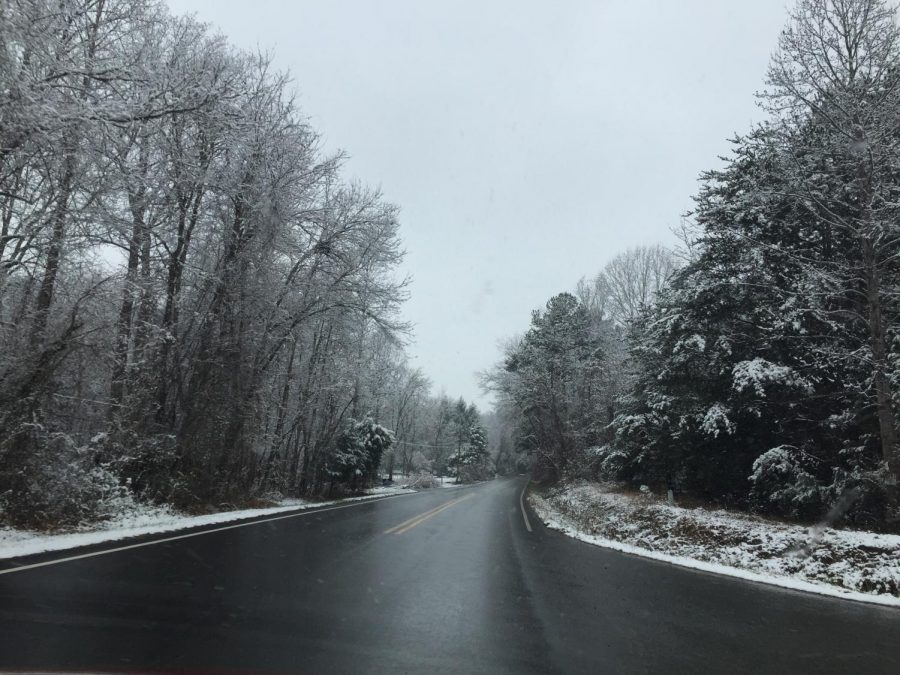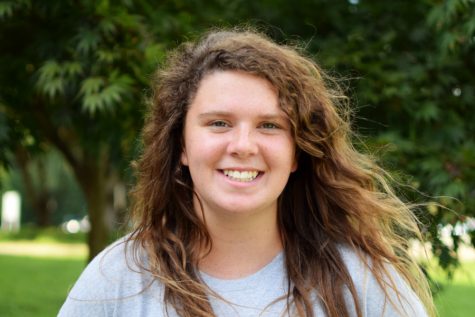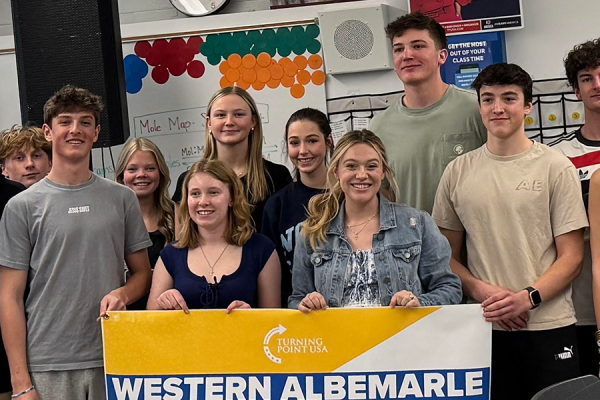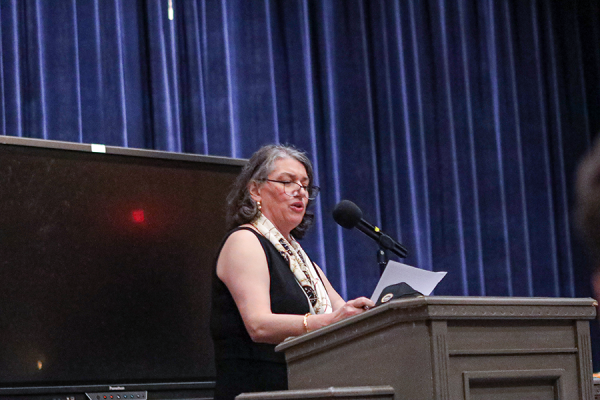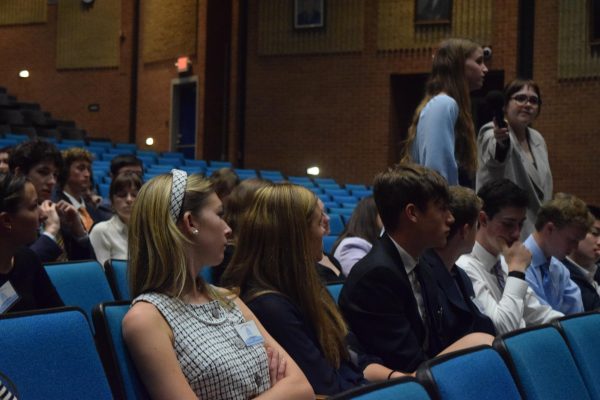Why ACPS closes for Winter Weather
March 11, 2020
From a student’s perspective, no school means a relaxing day off. For parents, it often means having to miss work. Sometimes the reason for the snow day isn’t obvious. Do we really know the reason why school is cancelled when there seems to be a lack of snow in the area?
Often times even though Charlottesville and its surrounding areas are clear, Afton neighborhoods and back roads could be completely covered and in a dangerous state.
The first step taken in the decision-making process is to monitor local and national news sites, such as the National Weather Service and VDOT sites, to predict future weather. Sometimes, a strong prediction can be enough to close school. Other times, the weather channels’ predictions can be completely wrong.
After a storm has taken place, the Department of Transportation begins to survey and make decisions for the next day. It all starts at 1:30 a.m. when the ACPS Director of Transportation, Jim Foley, wakes up to call the police for a status update. If there is any chance of unsafe conditions, the Snow Patrol is sent out at around 2:00 a.m., and finishes up around 4:00 a.m.
The Snow Patrol is a team made up of former experienced bus drivers that are sent to specific areas to survey road conditions. They record road conditions and make recommendations based on what they see.
At 3:30, the weather services are re-checked to see if anything has changed. Then Charlottesville, Augusta, Orange, Louisa, and other surrounding counties are contacted.
By 4:15, all of the information is compiled and the Department of Transportation makes a recommendation for the Superintendent to decide upon.
Between 5:00 and 6:00 a.m., parents are contacted and local media is notified of the decision.
Delays, on the other hand, are mostly imposed because driving situations are risky but may become clearer later on. Not only can it be dangerous for students and parents, but can also pose a threat to the Snow Patrol when they have to drive in dark, icy, or potential flood conditions.
Both car drivers and buses are taken into consideration, but ultimately the call is based on whether the buses can safely transport kids to school.
“Sometimes if it’s only a couple roads or very few, 1-3% percent of the roads, the drivers will call parents and tell them to bring their kids out to a safe location,” said Jim Foley “The school bus is eight times safer than parent transportation, and it’s forty times safer than teen transportation. So, we also think about that.”
To student’s dismay, tweeting #closeacps or sending in photos from your backyard does not influence their decision.
“We have to rely on our patrolers who are experienced bus drivers. They take pictures if there’s bad roads, so we sometimes put those on ACPS website so that people understand what we’re looking at,” Foley said, “If students or teachers or parents are out there taking pictures, they might have different motives than we do. We are all concerned about safety. That’s the biggest thing.”



